
May's top articles included news on HIV, Lyme disease, updates to nosocomial pneumonia guidelines, and more.

May's top articles included news on HIV, Lyme disease, updates to nosocomial pneumonia guidelines, and more.
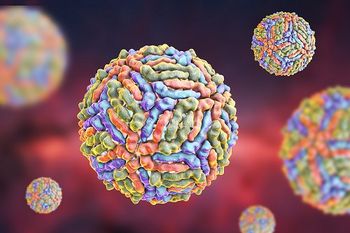
While health departments around the country continue to report that mosquitoes are testing positive for the West Nile virus, researchers have received a federal grant to study the neurological effects of the virus.

In case you missed them, here are our top 5 articles for the week of May 28, 2017.
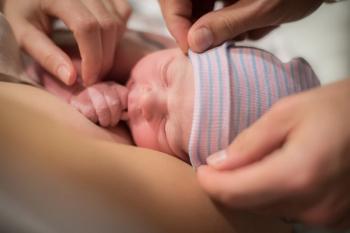
Research presented at the 2017 Annual Pediatric Academic Societies (PAS) meeting examines the similarities between Congenital Rubella Syndrome and Congenital Zika Infection.
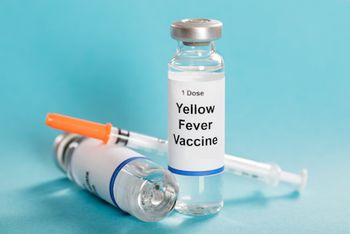
A new vaccine for yellow fever is now available in the United States, as health officials report outbreaks in Brazil and Angola continue to grow.

In case you missed them, here are our top 5 articles for the week of May 21, 2017.
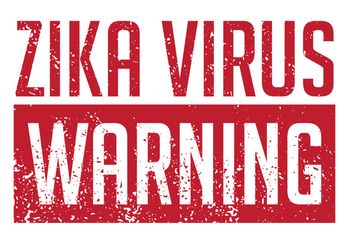
After 3 individuals test positive for the mosquito-borne virus in Gujarat, WHO confirms that the Zika virus is currently circulating in the country.

Research published in Nature on May 24, suggests that the Zika virus has been circulating in the Americas silently for far longer than previously thought.
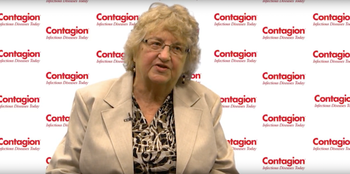
Patricia Smith, President of the Lyme disease Association Inc., explains what it means that Lyme disease has been incorporated into CDMRP legislation as well as the 21st Century Cures Act.

Patricia Smith, President of the Lyme Disease Association, Inc, shares her thoughts on how government acknowledgement of Lyme disease affects patient care.

Patricia Smith, President of the Lyme disease Association Inc., discusses Lyme disease infection prevention.

Patricia Smith, President of the Lyme Disease Association, Inc, explains why May is Lyme Disease Awareness Month.

Patricia Smith, President of the Lyme Disease Association, Inc, shares thoughts on the difficulties many patients face in accessing treatment for Lyme disease.

Patricia Smith, President of the Lyme Disease Association, Inc, explains what you need to know about the time it takes for Lyme to be transmitted from tick to host.

Patricia Smith, President of the Lyme Disease Association, Inc, discusses how tick-borne diseases have grown in the United States.

As health departments around the country continue to report new West Nile virus activity, a new study explores how the brain protects itself from this and other mosquito-borne viruses.
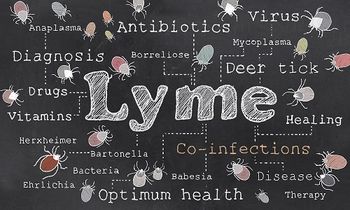
Lyme Disease Association President, Pat Smith, takes on the major problems surrounding Lyme disease today.

Jean-Paul Gonzalez, MD, PhD, Deputy Director, Center of Excellence for Emerging and Zoonotic Animal Diseases (CEEZAD), Kansas State University, Adjunct Professor, Kansas State University, explains the importance of vector control in the fight against Zika.
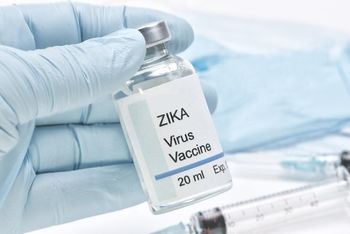
Researchers from Beaumont hospital have developed a Zika virus diagnostic test that yields quick results. In addition, a Zika vaccine may be coming our way, but perhaps not in the way we hoped.

In case you missed them, here are our top 5 articles for the week of May 14, 2017.
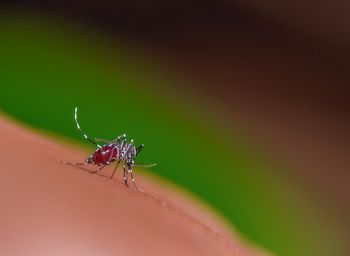
Researchers from Stanford University use mechanistic models to predict the temperatures at which mosquitoes are likely to contract Zika and other arboviral diseases and transmit them to humans.

Patricia Smith, President of the Lyme disease Association, discusses the difficulty of diagnosing and treating Lyme disease.

With multiple states reporting their first cases of West Nile virus, health officials are noting an early start to the virus’s seasonal activity and reminding the public to partake in mosquito control efforts.
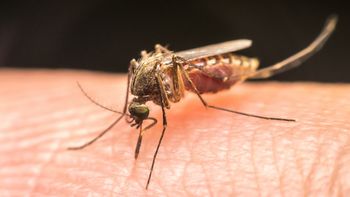
Due to a significant drop in new Zika cases, the Ministry of Health has declared the national emergency status over.
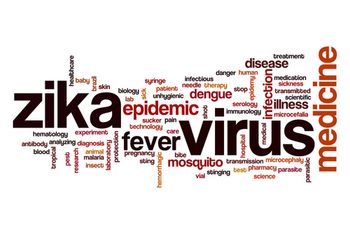
At the 2017 Annual EIS Conference, researchers presented findings from a prospective case-control study on acute Zika infection at 9 hospitals in Puerto Rico, as well as on a patient who was paralyzed due to Guillain-Barre Syndrome, unrelated to Zika infection.